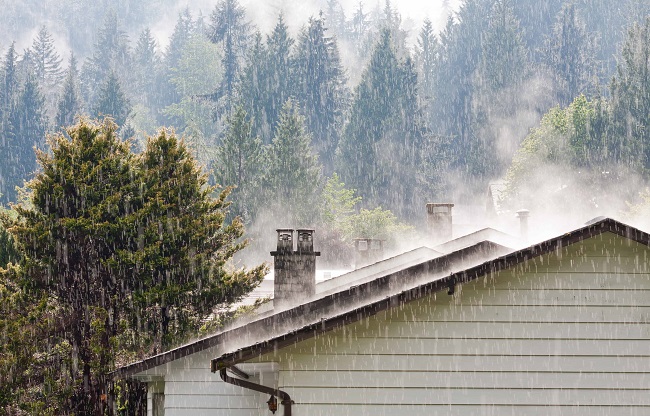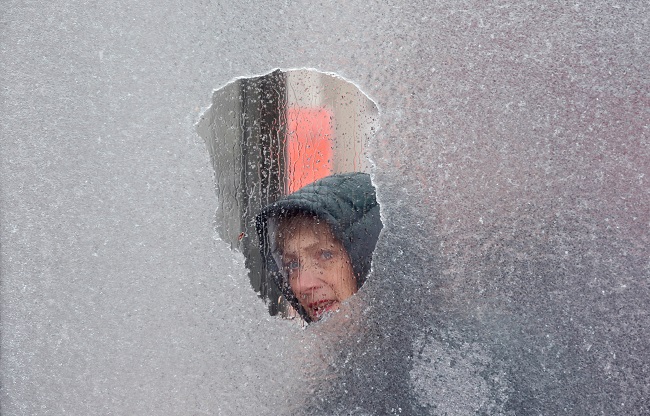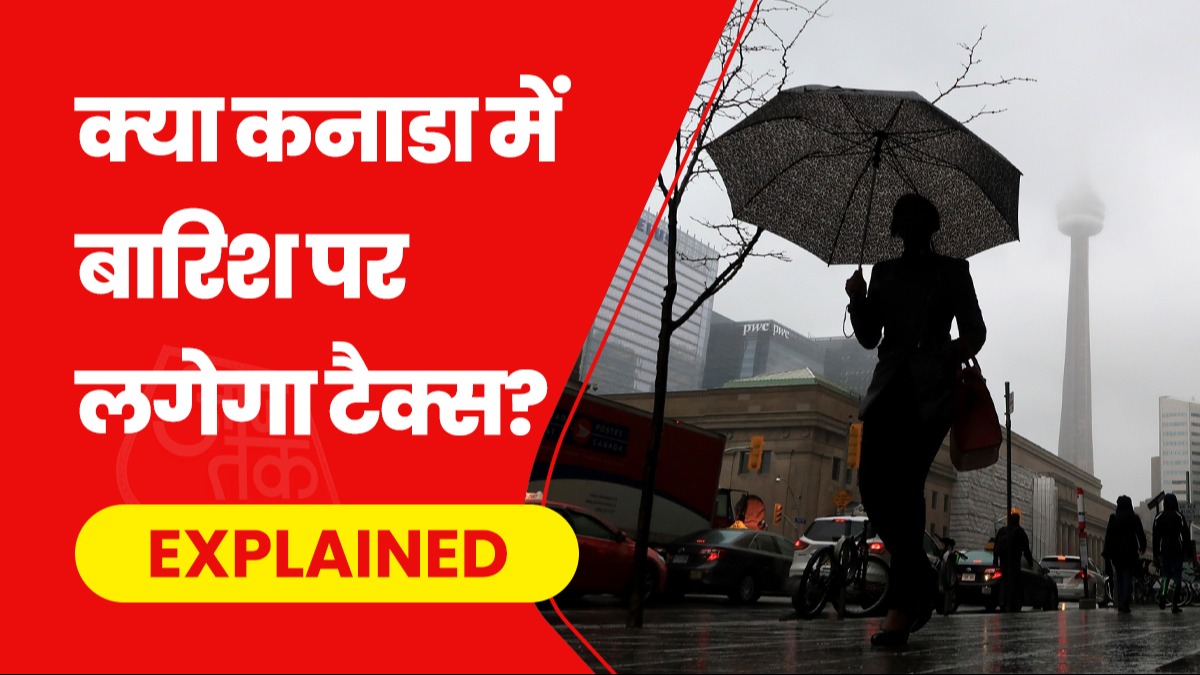Citizens perpetually find themselves taxed on consumables and amenities they purchase or use, which also encompass an array of products and public property. Taxes are what allow for the construction of necessities such as hospitals and roads. However, it’s not uncommon for people to voice complaints about arbitrary taxation. But have you ever heard of the Rain Tax? Toronto, Canada, is about to experience this firsthand. An announcement has already been made on the government's official website.
The Need Arises Due to Runoff Issues
Across Canada, including Toronto, stormwater management has posed a significant challenge. Recent deluges submerged streets in the capital Ottawa, hampering people's essential daily routines. Canadian cities often face these complications due to overtaxed drainage systems. To manage this, special storm drainage systems are in place, designed to divert excess water the land or foliage can't absorb, a strategy used worldwide.
In reality, concrete surfaces like roads, sidewalks, parking lots, and buildings do not allow water to evaporate quickly, leading to overflows and clogged drains. In Canada, the issue is exacerbated not only by rainfall but heavy snowfall, which also contributes to runoff. It's worth noting that runoff becomes visible when precipitation exceeds the land's absorption capacity, leading to flooding in Toronto, putting water quality at risk as it tends to infiltrate residential plumbing systems.

Source: aajtak
Areas to be Affected by the Tax
To tackle runoff, Toronto's administration proposed the Stormwater Charge and Water Service Consultation. The tax could apply to all properties, including residential, commercial, and offices. Public outcry is mounting over this proposal. Toronto residents are no strangers to water taxes, already incorporating stormwater management costs. The new tax could significantly burden those in denser areas, where the presence of buildings prevents water from drying up quickly.
Calculating the Rain Tax
The tax will vary across different locales. Areas with higher population density will consider the total hard surface composition, not just houses but driveways, parking lots, and other concrete structures. In less developed regions with fewer buildings, reduced runoff will likely mean lower taxes.

Source: aajtak
Why Residents are Outraged
Canadian individuals already grapple with steep personal taxes. According to a Financial Post report, the country is among those charging the highest personal taxes worldwide, though several other countries surpass its rates. Ambiguities surrounding the Rain Tax further fuel dissent; uncertainties about its application to renters and the homeless exacerbate the issue. Presently, the country's foreign policy controversies have already put strains on public sentiment, and this unconventional tax is adding fuel to the flames. Citizens are voicing their displeasure across social media platforms.
In 2017, the Canadian government flirted with the idea of this tax. A committee led by Toronto Mayor John Tory even held a vote, but scant support for the Rain Tax meant it failed to be implemented.




